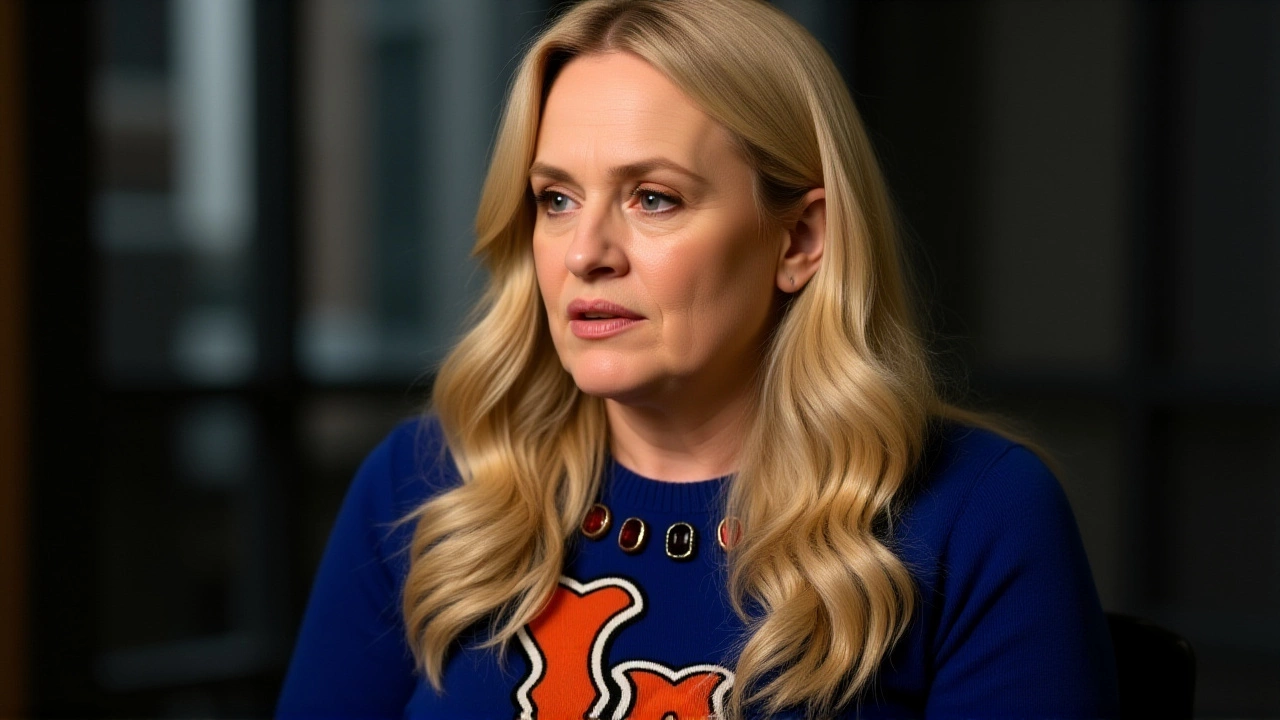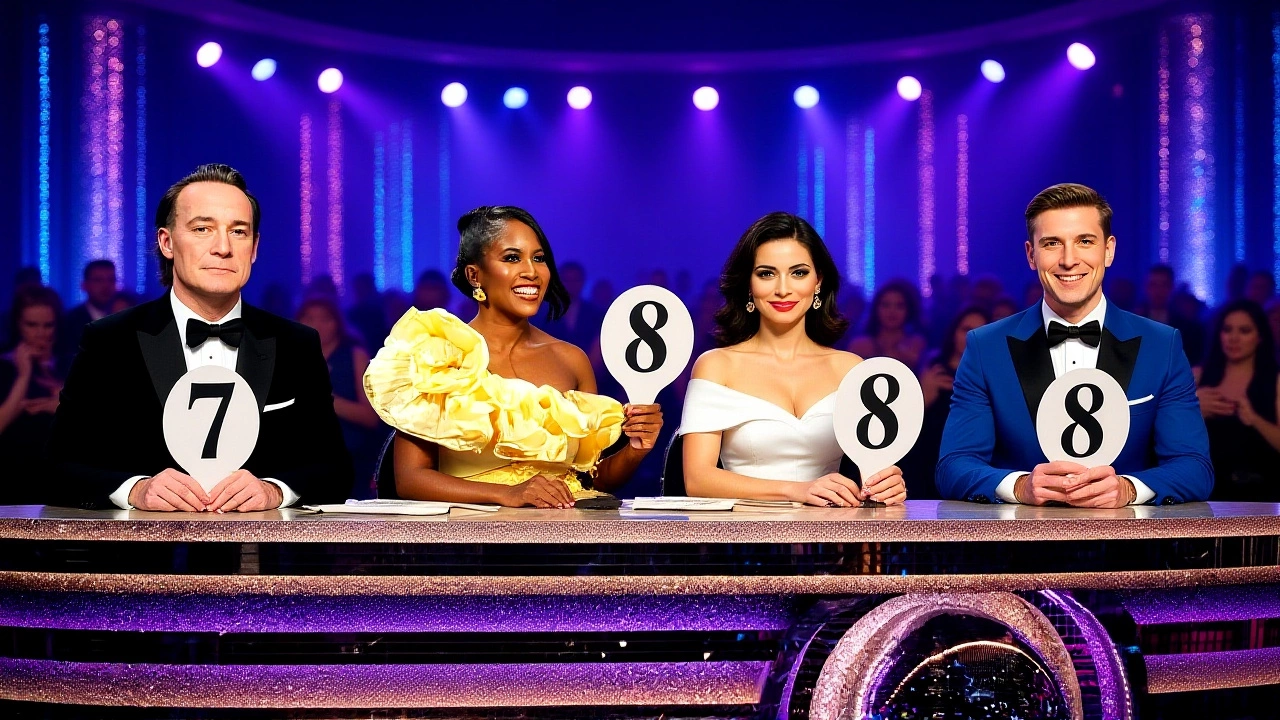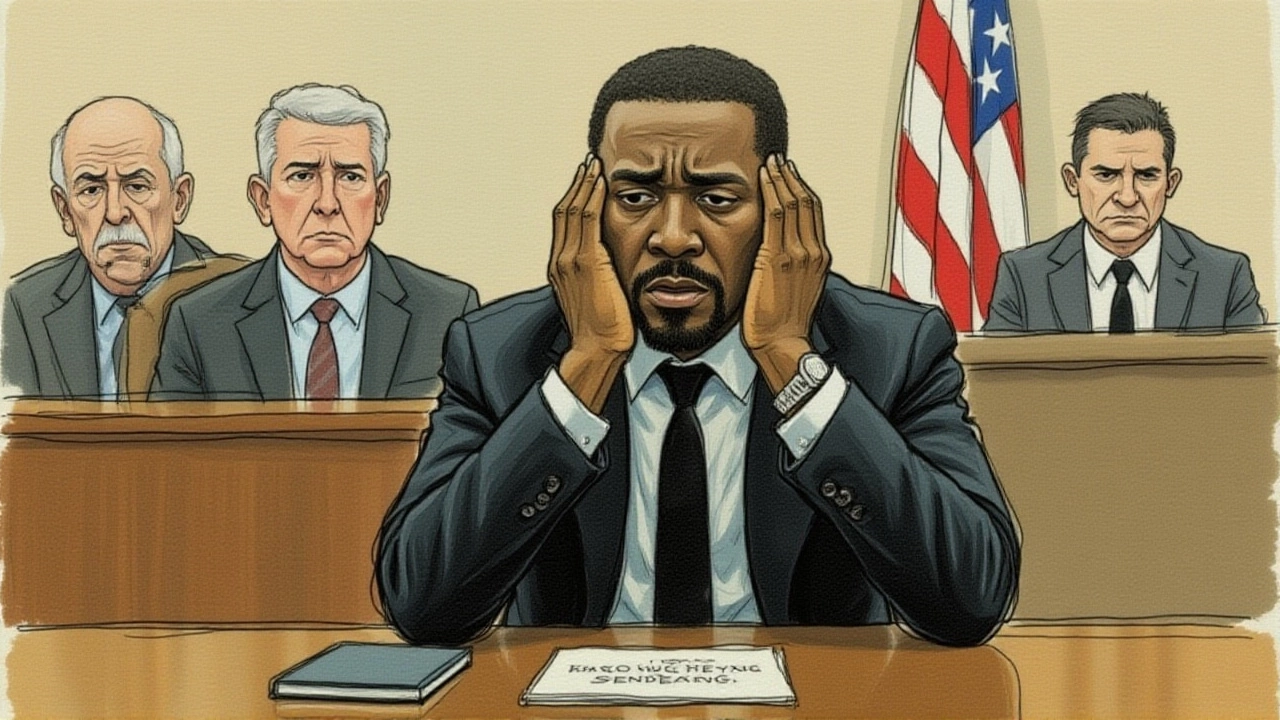
Entertainment News & Highlights
When exploring Entertainment, the field that covers movies, music, celebrity culture and any public performance that captures audience attention. Also known as show business, it drives trends and fuels conversations across the UK. Entertainment today feels like a nonstop stream of headlines, videos, and gossip that shape how we spend our free time. The category brings together everything from blockbuster releases to courtroom drama involving famous figures, linking pop culture to the legal and business worlds. Below you’ll see why this mix matters for anyone who follows the pulse of UK media.
Key players that shape the entertainment landscape
One of the most visible forces in this space is the Celebrity, a public figure whose personal and professional life draws constant media attention. Celebrity stories often act as a bridge between pure entertainment and serious news, especially when legal issues arise. For example, a high‑profile artist’s courtroom appearance can spark nationwide discussions about law, morality, and fan loyalty. In this way, Entertainment encompasses celebrity news, making every headline a potential cultural touchpoint.
The Music Industry, the network of record labels, artists, distributors, and streaming platforms that creates and delivers recorded sound is another core pillar. Music releases often set the soundtrack for social movements, and disputes over rights or behavior can dominate headlines. When a music mogul faces legal scrutiny, the industry’s response—whether through statements, boycotts, or shifts in promotion—shows how tightly entertainment and business are linked. Thus, the music sector influences public perception and drives buzz across the whole entertainment ecosystem.
Legal proceedings that involve famous individuals usually land in the Federal Court, a national judicial body that handles serious criminal and civil cases, often setting precedents for future litigation. Federal courts provide the framework that decides the outcomes of high‑stakes cases, turning a celebrity’s personal issue into a matter of public policy. When a star is sentenced or acquitted, the ruling can reshape industry standards, from contract negotiations to personal conduct expectations. This demonstrates that Entertainment requires federal court action to resolve disputes that affect the broader cultural landscape.
Sex‑crime allegations, especially when tied to well‑known performers, add another layer to the conversation. These cases attract intense media scrutiny and force fans, brands, and platforms to weigh moral responsibility against commercial interests. They also spark debates about consent, power dynamics, and legal accountability within the creative sectors. By covering such stories, the entertainment category offers a window into how society grapples with difficult topics through the lives of its most visible figures.
Public backlash is a powerful force that can change the trajectory of a career overnight. Social media amplifies reactions, turning newspaper columns into viral threads that pressure sponsors and networks. When fans mobilize—whether to support or condemn a figure—it can lead to cancellations, apologies, or even policy reforms within the industry. This feedback loop illustrates how audience sentiment directly influences the business decisions behind movies, music, and live events, reinforcing the idea that entertainment is a two‑way conversation.
Our collection below reflects these intertwined themes. You’ll find in‑depth coverage of Sean “Diddy” Combs’ recent 50‑month federal sentence, analysis of how the music world responds, and commentary on the broader cultural impact. Each story is chosen to show how legal outcomes, industry reactions, and fan responses shape the ever‑evolving entertainment narrative.
Ready to dive deeper? Below you’ll discover a curated list of articles that unpack the drama, the business moves, and the societal ripple effects that define today’s entertainment scene. Stay with us as we break down each headline, giving you the context you need to understand why these stories matter.


Sex Priority Escort Ajaccio Ladies Get Crazy Night Girls

Understanding the Reality Behind Paris Escort Services

Rebel Wilson Denies Role in Smear Campaign Against 'The Deb' Producer Amid Blake Lively Case Link

Strictly Come Dancing 2025: Vicky Eliminated as Judges Unanimously Save Balvinder in Shock Dance-Off

Christmas Tree Confusion: AngryGinge Baffled by Luke Littler’s Unexpected Decor During Gogglebox Filming

Bryan Cranston Leads All My Sons Revival on West End
